![From Uncertainty to Precision: Dobel A Agro-Industrial’s Journey with [Our Company]](https://shopcdnpro.grainajz.com/category/20219/2295/33d5c55c76beb59549f289ef895d98f5/4.jpg)
A Critical Challenge: Judging Beverage Freshness Beyond Sight Dobel A Agro-Industrial S.A., a leading producer of fruit juices and herbal drinks, faced a pressing issue: their beverages’ shelf life couldn’t be reliably determined by appea...
VIEW MORE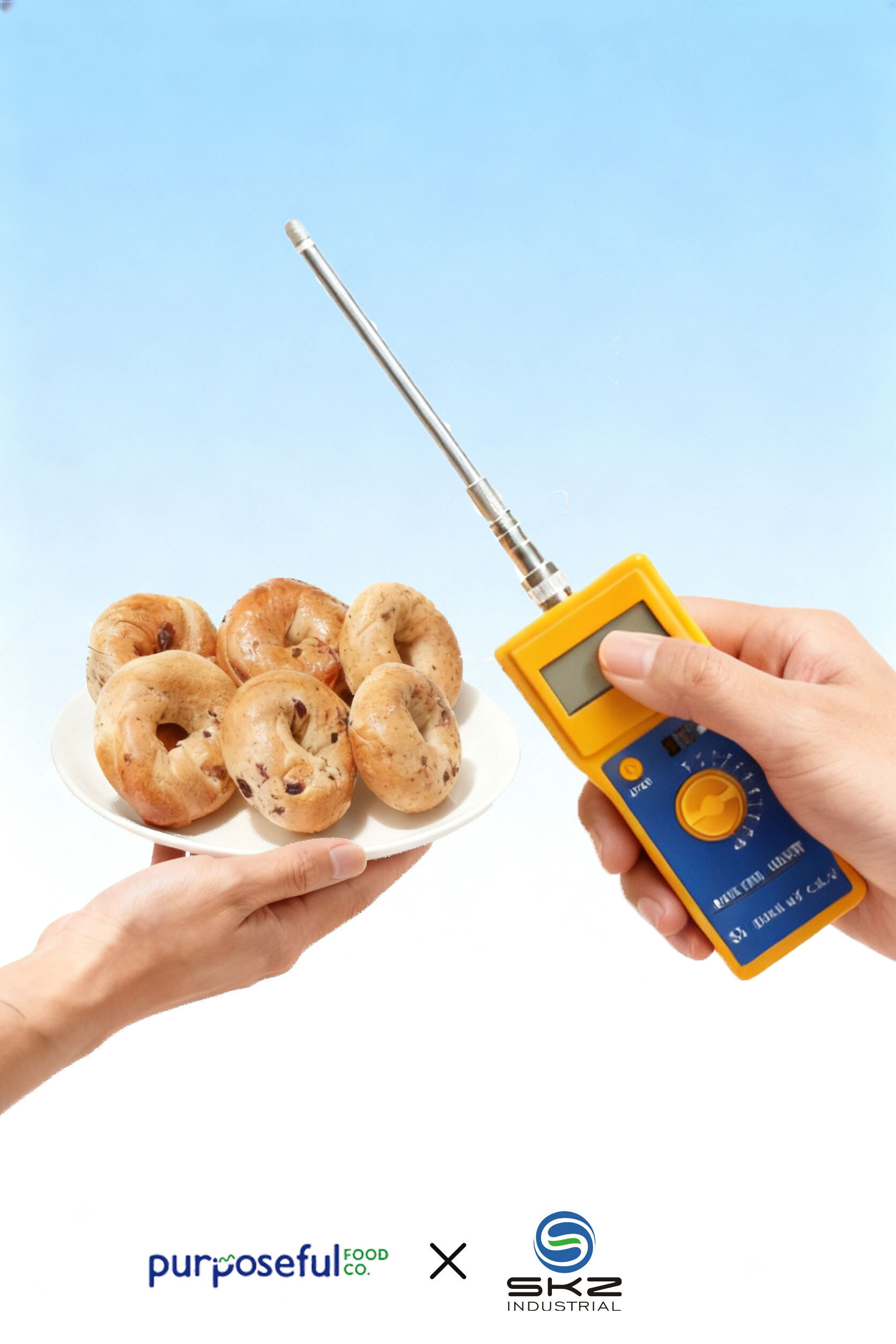
Introduction We are thrilled to present another remarkable success story from our global client base, highlighting how SKZ's innovative solutions are driving excellence in the food industry. This case focuses on Healthy Snacks Corp., a leading German...
VIEW MORE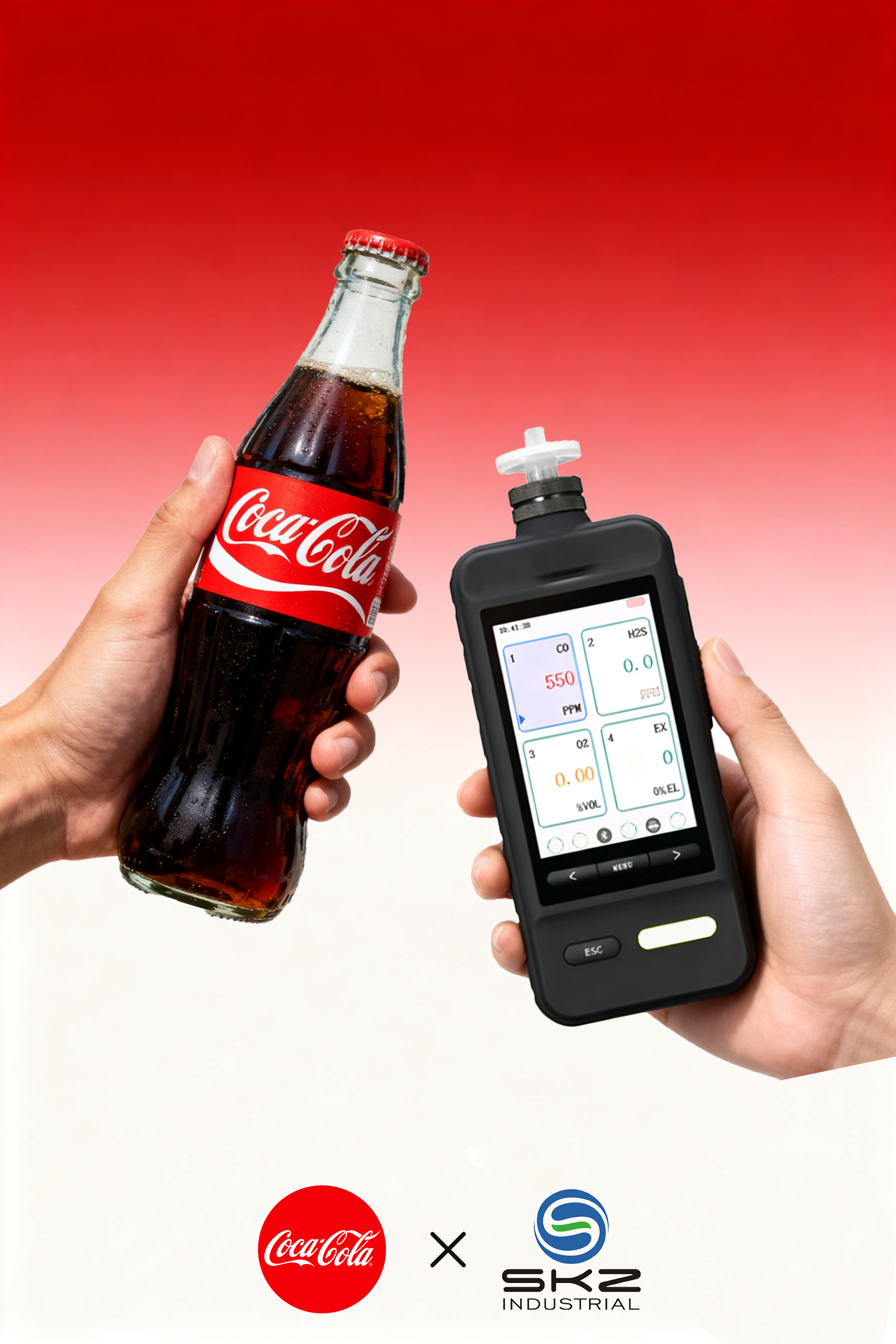
Introduction: A Shared Commitment to Safety and Excellence In the realm of global industrial operations, where worker safety is a non-negotiable cornerstone of success, strategic partnerships can define the future of workplace well-being. SKZ is prof...
VIEW MORE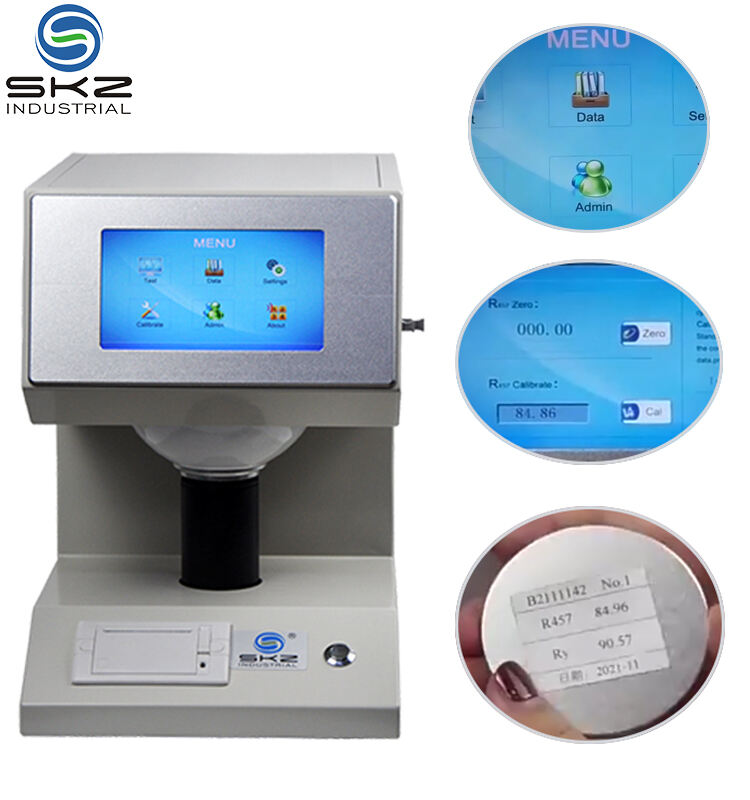
Fundamental Principle of Differential Scanning Calorimetry (DSC) Differential Scanning Calorimetry, commonly known as DSC, basically tracks how much heat flows into or out of a material compared to an empty container as temperatures rise. Materials...
VIEW MORE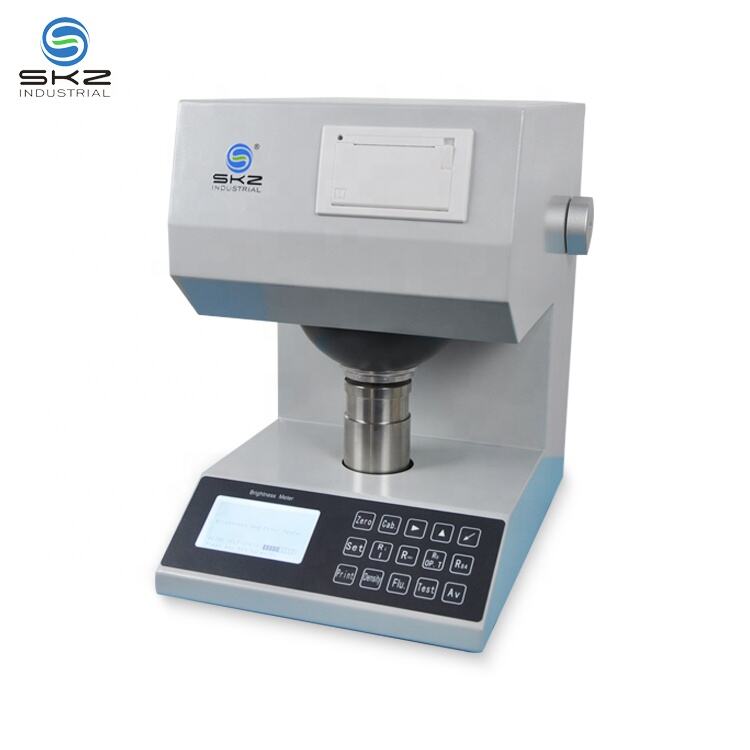
How Moisture Meters Work: Pin vs Pinless Technology and Core Principles The science behind moisture detection in building materials There are basically two ways moisture meters work these days: one uses pins to measure electrical conductivity, and ...
VIEW MORE
How Portable Moisture Meters Work: Pin vs. Pinless Technology Basic Principles of Moisture Detection in Digital Meters There are basically two kinds of portable moisture meters out there these days: ones with pins and ones without pins. The pin typ...
VIEW MORE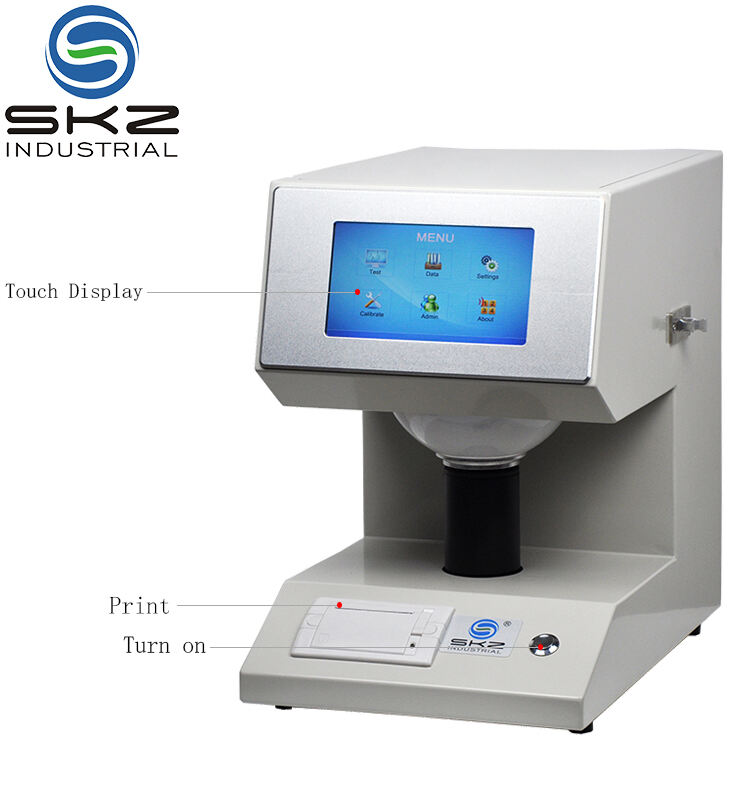
The Importance of Moisture Control in Industrial and Construction Applications Why Measure the Moisture Content of Wood: Ensuring Structural Integrity and Longevity Too much moisture in wood causes all sorts of problems including warping, mold grow...
VIEW MORE
How Moisture Compromises Industrial Accuracy and Product Quality – Insights from a Moisture Meter The Impact of Moisture Content on Industrial Measurement Reliability When moisture levels go up and down, they mess with measurements all over th...
VIEW MORE
Understanding the Types of Moisture Meters: Pin, Pinless, and Combo Models How Pin Moisture Meters Work and Their Ideal Use Cases Pin moisture meters work by measuring how much electricity flows between metal pins stuck into stuff like wood or conc...
VIEW MORE
Understanding Moisture Meter Calibration and What Affects Accuracy What Affects the Accuracy of Moisture Meters? Getting accurate readings from moisture meters depends mostly on these four things: how dense the material is, what kind of environment ...
VIEW MORE
Design and Build: What Defines a Portable vs. Benchtop pH Meter Field workers love portable pH meters because they're made to move around easily. These little devices pack quite a punch despite their small size, usually weighing less than 1.5 pounds...
VIEW MORE
Advanced Calibration Systems for Reliable pH Meter Accuracy The Role of Buffer Solutions in pH Meter Calibration Getting buffer solutions right is really important when calibrating pH meters because they give those stable reference points throughou...
VIEW MORE